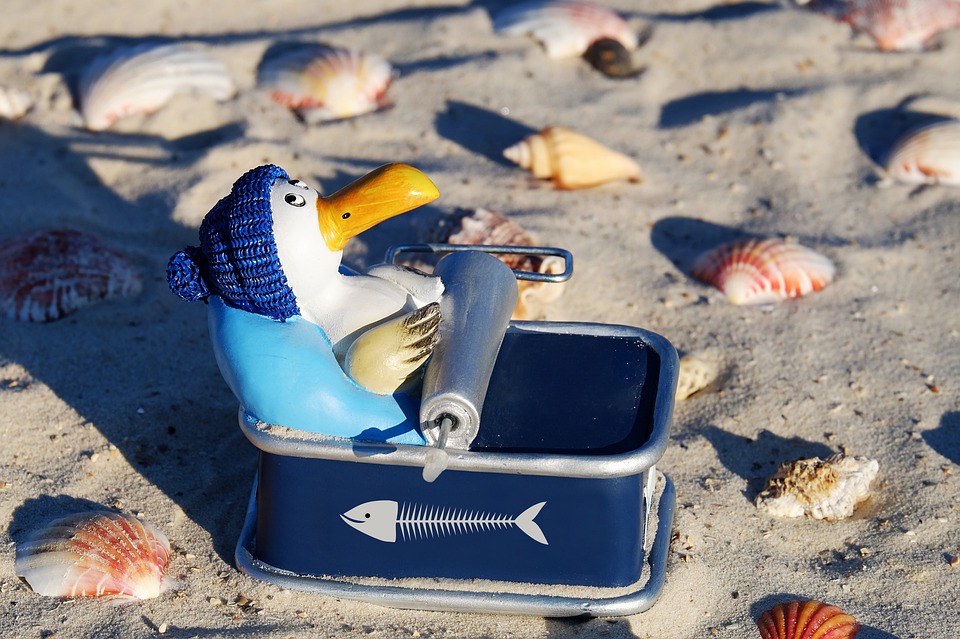Fish behavior in tanks has long been a subject of fascination for scientists and hobbyists. By observing their behavior, we can gain insights into their natural habitat and social interactions. In this article, we will explore the peaceful nature of tank fish, their communication methods, and debunk common misconceptions about their behavior.
Social behavior is an important aspect of tank fish behavior. Shoaling, or swimming together in a group, is a common behavior observed in tank fish. This unity provides them with a sense of security and protection against predators. Additionally, within the tank, fish establish hierarchies where dominant individuals assert their authority over others. These social interactions are crucial for maintaining order within the tank.
Communication among tank fish occurs through various methods. Visual cues, such as the vibrant colors of their bodies, play a significant role in communication. Different colors can indicate dominance, submission, or even reproductive readiness. Vibrational signals are also used by fish to communicate. They can feel vibrations in the water caused by the movement of their tank mates and interpret them as signals of warning, courtship, or territoriality.
Territoriality and aggression are often associated with tank fish, but it is important to understand their nature. Fish establish territories within the tank to mark their personal space. This behavior is natural and helps maintain order within the group. Aggression, on the other hand, is different from assertiveness. Aggressive behavior includes attacking and injuring other tank mates, while assertiveness is a normal part of social interactions and establishing hierarchy.
There are several misconceptions about tank fish behavior that need to be debunked. One common myth is that fish have a three-second memory. However, research has shown that fish have the ability to remember and learn from their experiences. They can remember feeding routines, recognize their owners, and even navigate mazes. Fish are far from dull and boring creatures. They exhibit complex behavioral patterns, such as courtship rituals, parental care, and problem-solving abilities.
Another myth is that fish do not form bonds or recognize their owners. Contrary to this belief, fish are capable of bonding with their tank mates and recognizing their owners. They can develop social bonds and even show signs of distress when separated from familiar individuals. Fish have a unique ability to recognize and remember specific individuals, which contributes to their social interactions within the tank.
To offer a comprehensive understanding of fish behavior, we address frequently asked questions. Can tank fish communicate with other species? How do fish establish hierarchies within a tank? Do different fish species exhibit different social behaviors? These questions help shed light on the diverse behaviors and interactions observed in tanks.
Recognizing signs of stress or aggression in tank fish is essential for their well-being. Changes in behavior, loss of appetite, aggression towards tank mates, or excessive hiding can indicate stress. It is important to address these issues promptly to ensure a healthy and peaceful environment for the fish.
Finally, some fish can be trained to perform tricks or respond to cues. While not all fish species are trainable, certain species, like betta fish, can learn to respond to their owners and perform simple tasks. Training fish can be a fun and rewarding experience for both the fish and the owner.
Understanding the peaceful nature of tank fish is crucial for creating a harmonious and thriving aquatic environment. By exploring their social behaviors, communication methods, and debunking common misconceptions, we can foster a deeper appreciation for these remarkable creatures. Remember, observing and studying their behavior can provide valuable insights into their well-being and contribute to their overall welfare in captivity. Happy fishkeeping!









